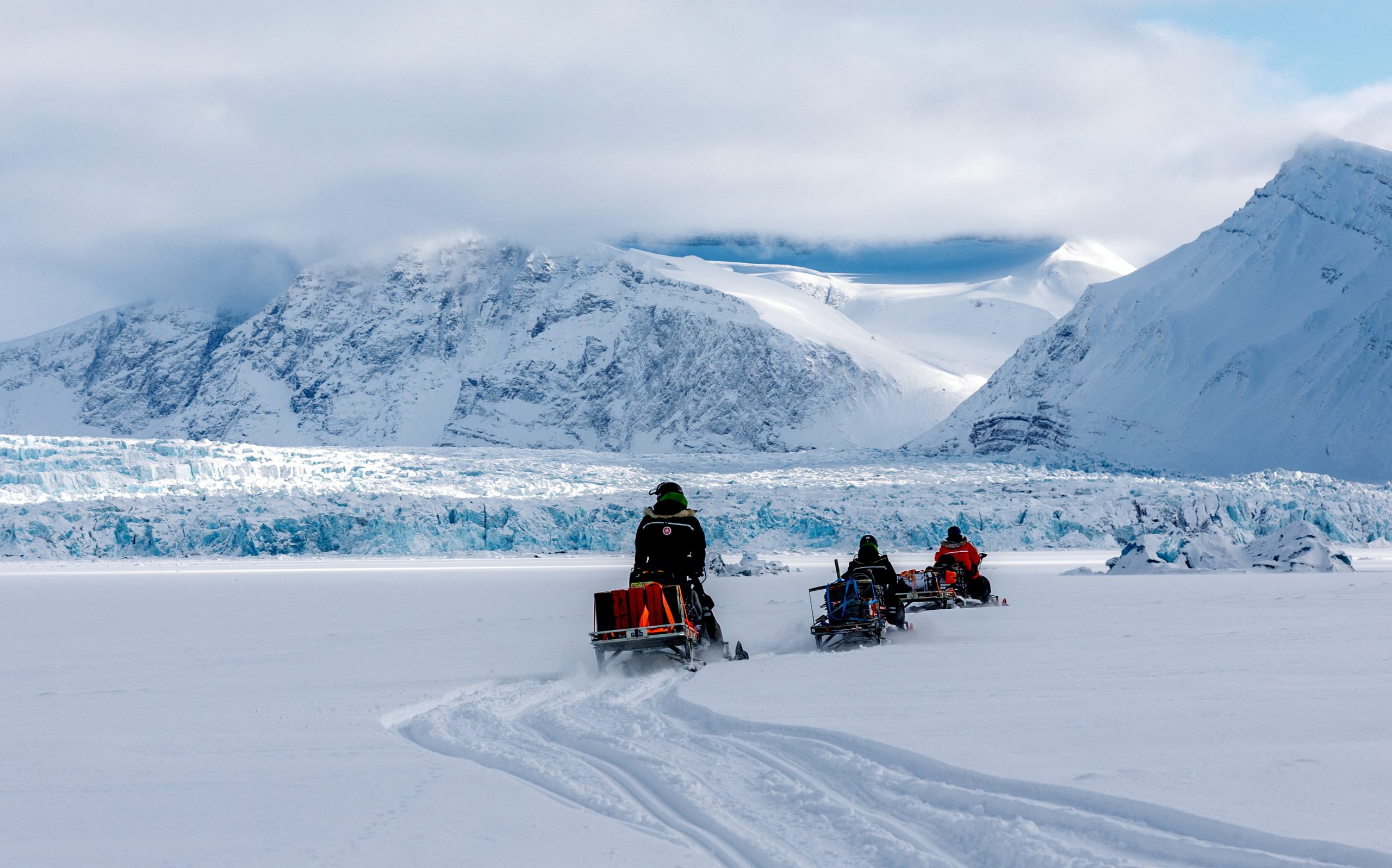Climate Hack Halted: Arctic Experiment Triggers Unexpected Environmental Alarm

In a cautious move driven by environmental concerns, a team of US researchers has decided to halt a groundbreaking geoengineering experiment designed to explore potential cooling strategies in the sensitive Alaskan Arctic region. The project, which aimed to test innovative climate intervention techniques, was ultimately suspended due to mounting apprehensions about potential ecological risks and unintended consequences.
The decision underscores the delicate balance scientists must navigate when attempting to address climate change through technological interventions. While the experiment sought to develop potential solutions for mitigating global warming, the research team prioritized environmental safety and chose to pause their efforts rather than proceed with potentially harmful methods.
This development highlights the complex challenges facing climate scientists as they seek innovative approaches to combat rising global temperatures, emphasizing the critical importance of thorough risk assessment and environmental protection in cutting-edge research.
